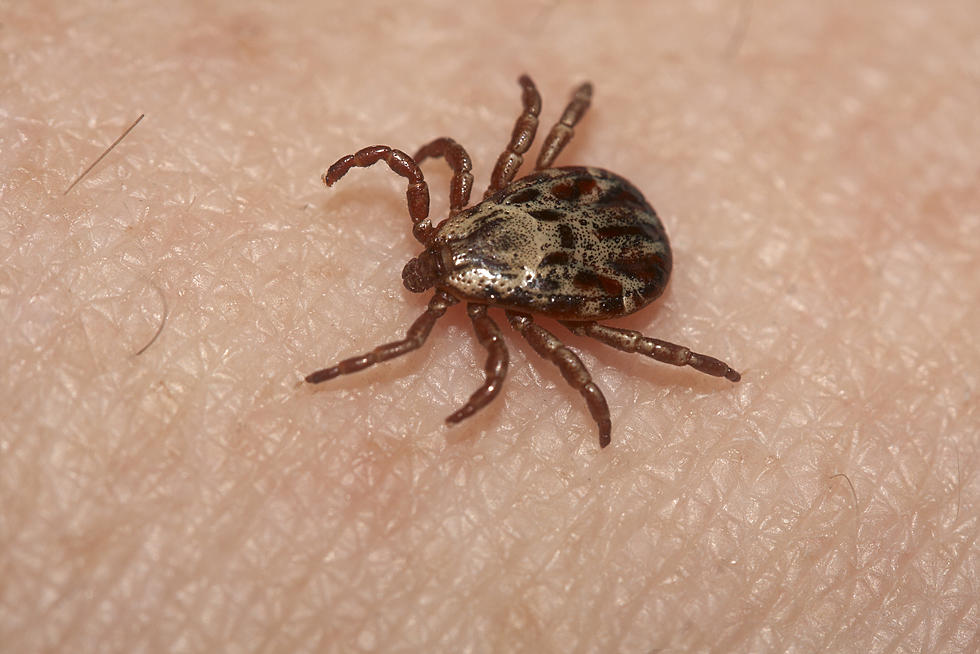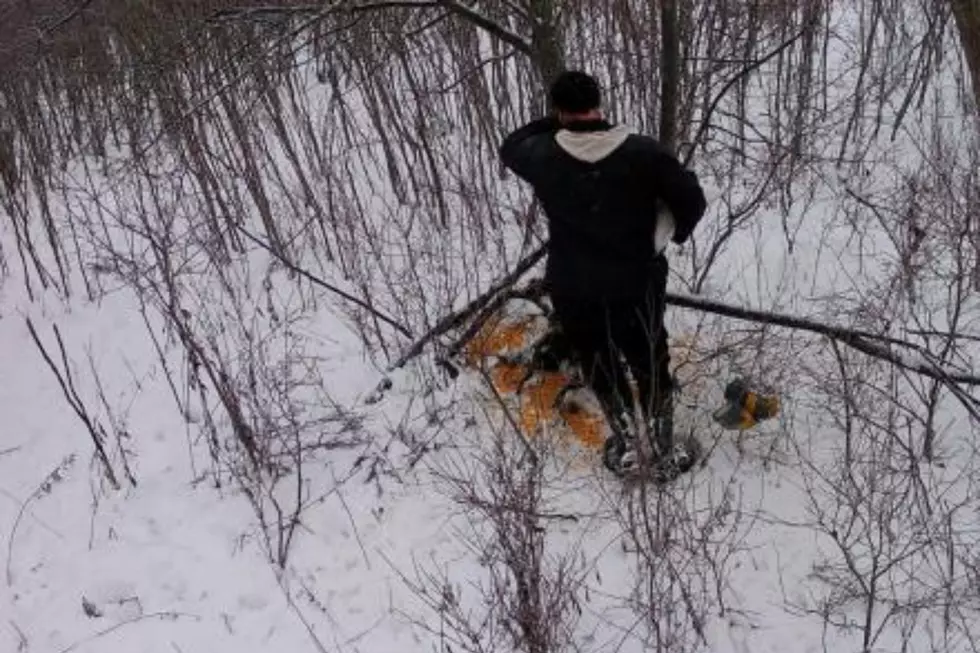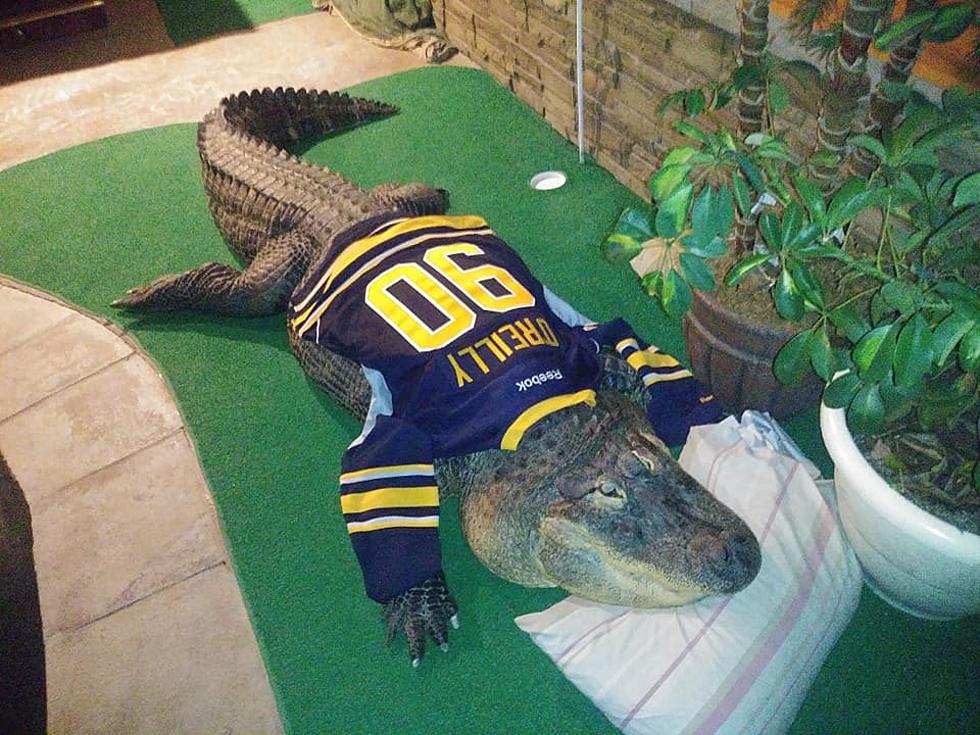
Tick Carrying Deadly Brain Swelling Virus Kills New Yorker
As if finding a tick isn't scary enough. One carrying an extremely rare brain swelling virus has killed a New York resident.
The Ulster County Department of Health was notified Wednesday that an Ulster County resident passed away from the Powassan virus. This is the first known case in New York State this year.
The resident had additional underlying health conditions and passed away earlier this week, according to the Ulster County Department of Health.
This isn't the first Powassan death in New York. In 2017 Charles Smith from Gansevoort died after finding a tick on his elbow. Following a series of misdiagnosis the 74 year old man became paralyzed from the neck down and passed away from swelling of the brain.
“It is imperative all residents take every precaution necessary against tick-borne illnesses, especially during outdoor activities. Residents should vigilantly check themselves and their pets for ticks and tick bites," Dr. Carol M. Smith, Ulster County Commissioner of Health and Mental Health, said.
The Powassan virus is spread by the same deer tick that carries Lyme disease. Powassan, which in some cases has been fatal, attacks the nervous system and can cause dangerous brain swelling.
Signs and symptoms include fever, headache, vomiting, weakness, confusion, seizures and memory loss. People with severe cases of the virus often need to be hospitalized to receive respiratory support, intravenous fluids, or medications to reduce swelling in the brain, according to the CDC.
In 2017, the last year on record, there were 33 people diagnosed with the virus in the United States. 16 of those 33 live in New York, according to the CDC. Two people died from the virus.
Reduce your risk of being infected by taking precautions:
- Use of insect repellents containing DEET for skin applications and Permethrin for clothing and shoes.
- Wearing long sleeves and pants
- Avoiding bushy and wooded areas
- Thorough tick checks after spending time outdoors.
- Staying on clear well-traveled paths.
- Wearing light-colored clothing to spot ticks easily.
- Tucking pants into socks.
- Showering as soon as possible after spending time outdoors.
- Checking everyone including pets frequently and at the end of each day, and removing all ticks promptly and properly.
There are no vaccines to prevent or medicines to treat Powassan virus infection. People with severe Powassan virus disease often need to be hospitalized to receive support with breathing and swelling in and around the brain.
You can also send any ticks you find in for free testing. Just put the ticks (dead/alive) in a Ziploc bag with a piece of moist tissue paper or grass. Place the zip-lock bag in an envelope with the following information:
- Date:
- Location (please provide the zip code):
- Was the tick collected from a human or a pet?:
- Email address to share the test results:
Mail the envelope to this address:
- Thangamani Lab
4209 Institute for Human Performance (IHP)
505 Irving Avenue
SUNY Center for Environmental Health and Medicine
SUNY Upstate Medical University
Syracuse NY 13210
It takes the lab about 7 to 12 business days to complete the analysis and the results will be emailed to you.
Listen to Tad & Polly in The Morning from 6AM to 9AM on Big Frog 104. Stream us live, listen on any Alexa-enabled device, Google Home or on the Big Frog 104 app.
More From Big Frog 104









